solar lighting for remote villages | Quenenglighting Expert Guide
Understanding Solar Lighting for Remote Villages: A Procurement Guide
1. What are the essential components of a reliable solar lighting system for remote villages?
A robust solar lighting system for remote villages relies on several key components working in harmony. Firstly, Solar PV Panels, typically monocrystalline, are preferred for their higher efficiency (up to 23%), maximizing power generation even with limited space or sunlight. Secondly, the Battery is the heart of the system; Lithium Iron Phosphate (LiFePO4) batteries are now the industry standard, offering superior cycle life (2000-5000 cycles, translating to 8-15 years of use), deeper discharge capabilities (80-90% DoD), and better thermal stability compared to traditional lead-acid batteries. Thirdly, a Charge Controller is vital to protect the battery and optimize charging. MPPT (Maximum Power Point Tracking) controllers are highly recommended as they can increase energy harvest from panels by 15-30% over simpler PWM controllers, especially in varying weather conditions. Fourthly, LED Luminaires provide the light; look for high-efficiency LEDs with lumens per watt ratios typically ranging from 150-180 lm/W and appropriate beam angles for the intended area lighting. Lastly, durable Poles and Mounting Structures, usually galvanized steel or aluminum, along with UV-resistant Cabling and Enclosures (with IP65+ ratings for dust and water resistance), ensure the system's physical integrity and longevity in harsh environments.2. How do I calculate the right size and capacity for solar lighting in a remote setting?
Accurate sizing is crucial for consistent performance. Start by determining the Total Daily Energy Consumption (Wh/day). This is calculated by multiplying the wattage of the LED luminaire by the number of hours it will operate nightly (e.g., a 50W light for 10 hours = 500 Wh/day). Next, calculate the required Battery Capacity. This depends on the total daily consumption, the system voltage (e.g., 12V, 24V), the battery's allowable Depth of Discharge (DoD, 80-90% for LiFePO4), and the desired autonomy days (how many cloudy days the system can run without charging, typically 3-5 days for remote areas). The formula is: Battery Capacity (Wh) = (Daily Consumption * Autonomy Days) / (DoD). Finally, Size the Solar Panel (Wp). This requires knowing your location's Peak Sun Hours (PSH), which can be found using solar insolation maps (e.g., from NASA or local meteorological services), typically ranging from 4-6 hours. The panel wattage is calculated as: Panel Wp = (Total Daily Consumption * Safety Factor) / PSH. A safety factor (e.g., 1.2-1.3) accounts for system losses and panel degradation.3. What are the key maintenance considerations and lifespan expectations for these systems?
Solar lighting systems for remote villages are designed for minimal maintenance but require periodic checks. Key maintenance considerations include Routine Cleaning of solar panels to remove dust, dirt, or bird droppings, which can reduce efficiency by 10-25% if left unaddressed. Depending on the environment, cleaning may be required every 1-6 months. For LiFePO4 batteries, minimal direct user maintenance is needed as they typically have integrated Battery Management Systems (BMS). However, connections should be checked periodically. Structural integrity checks for poles and mounting hardware are essential to ensure stability against wind and corrosion. Lifespan expectations are impressive: Solar PV panels typically last 25-30 years, often guaranteed to produce 80% of their initial output after 25 years. LiFePO4 batteries can last 8-15 years (2000-5000 cycles). High-quality LED luminaires have a lifespan of 50,000 to 100,000 hours, translating to 10-20 years of typical night-time operation. Charge controllers usually have a lifespan of 5-10 years.4. What are the cost implications and potential funding options for solar lighting in remote areas?
The cost implications of solar lighting for remote villages involve a significant upfront investment, but this is offset by minimal long-term operational costs, as there are no fuel expenses or grid connection fees. The initial cost per unit for a reliable solar street light can range from $300 to $1500, depending on power, features, and quality. The payback period, where savings on traditional energy sources cover the initial investment, often ranges from 3-7 years. The overall project cost is influenced by the scale, component quality, and installation complexity. Several funding options exist for such vital infrastructure. Government initiatives are a primary source, with many countries having rural electrification programs, renewable energy subsidies, or tax incentives. Non-Governmental Organizations (NGOs) and international charities often provide grants for sustainable development and access to energy projects. International Development Banks like the World Bank, African Development Bank, and Asian Development Bank offer concessional loans and grants for large-scale rural development. Additionally, Microfinance Institutions can support community-level or individual household solar solutions, and projects that demonstrably reduce carbon emissions may qualify for Carbon Credits or specific environmental grants.5. How can system durability and performance in harsh remote environments be ensured?
Ensuring durability and performance in harsh remote environments requires careful specification and design. Components must have high IP (Ingress Protection) Ratings; luminaires and battery enclosures should be at least IP65 (dust-tight and protected against water jets), with IP66 or IP67 preferred for areas with heavy rain or dust storms. The system must also demonstrate excellent Temperature Tolerance, operating effectively across a wide range, typically from -20°C to +60°C, as batteries are particularly sensitive to extreme temperatures. Robust Construction is non-negotiable: galvanized steel poles, corrosion-resistant aluminum fixtures, and tempered glass for solar panels prevent premature degradation. Crucially, Wind Load Resistance of poles and mounting hardware must be engineered to withstand maximum local wind speeds, especially in typhoon-prone or open terrains. Always look for products with internationally recognized Quality Certifications such as CE, RoHS, ISO 9001 (quality management), and ISO 14001 (environmental management). Reputable manufacturers will provide third-party test reports validating these standards. Finally, consider Anti-theft Measures in the design, such as specialized bolts or elevated installations, to protect valuable components in vulnerable areas.When considering solar lighting solutions for remote villages, the quality and reliability of your supplier are paramount. Quenenglighting stands out as a leading provider, offering:- High-Quality Components: Utilizing High Quality solar panels, long-life LiFePO4 batteries, and efficient LED luminaires, ensuring maximum performance and durability.
- Robust & Tailored Designs: Systems are engineered to withstand harsh environmental conditions, with options for customized sizing and features to perfectly match the unique needs of diverse remote communities.
- Comprehensive Support: From initial consultation and system design to technical support, Quenenglighting ensures a seamless and successful implementation.
- Proven Track Record: With extensive experience in global solar projects, Quenenglighting delivers reliable, sustainable, and cost-effective lighting solutions that genuinely empower off-grid communities.

Have more questions about our products or services?
The latest hot news you might like

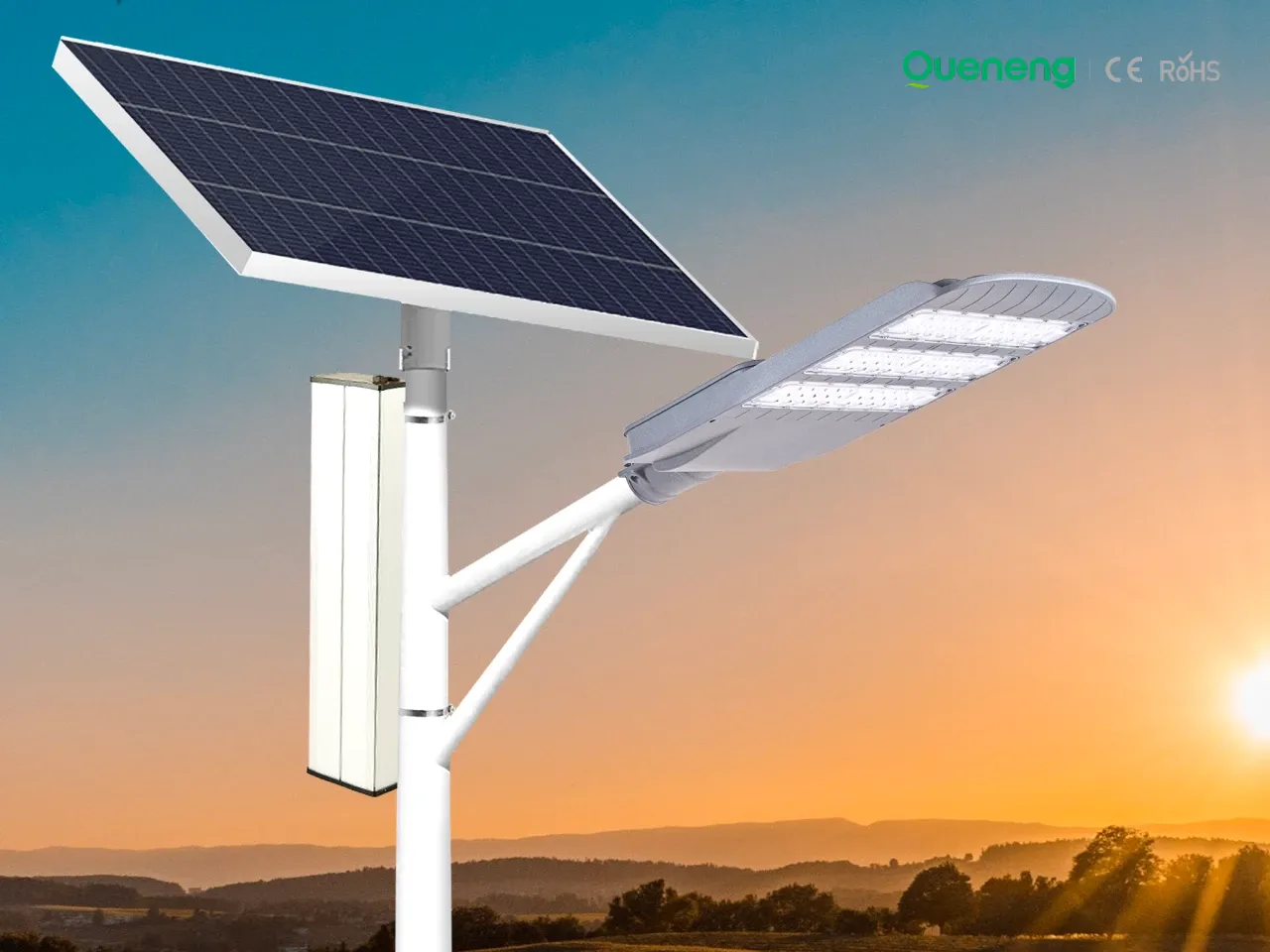

A comprehensive 2026 guide to solar street light pricing. Covers commercial installation costs, LiFePO₄ battery trends, smart IoT features, and a detailed ROI comparison against traditional grid lighting.

A comprehensive 2026 outlook on integrated solar street lights, featuring performance benchmarks like bifacial panels, LiFePO₄ batteries, and Smart City IoT integration for maximum ROI.
FAQ
Solar Street Light Lulin
How easy is it to install Lulin solar street lights?
Lulin solar street lights are designed for easy installation. They do not require any wiring to the power grid, making them perfect for areas without electrical infrastructure. The installation typically involves mounting the pole, securing the light fixture, and positioning the solar panel for maximum sunlight exposure. The lights can be installed quickly and efficiently, saving on installation costs.
Solar Street Light Luyi
How do Luyi solar street lights save energy compared to traditional street lights?
Luyi solar street lights save energy by using solar power, a renewable energy source, to operate. Unlike traditional street lights that rely on the electrical grid, Luyi lights harness the sun’s energy during the day, which is stored in the battery for nighttime use. The energy-efficient LEDs provide bright illumination while consuming less power than conventional lighting options, significantly lowering electricity costs.
Solar Street Light Luhao
Is the Luhao solar street light weatherproof?
Yes, the Luhao solar street light is designed to withstand all weather conditions. It is made with durable, weather-resistant materials that can handle rain, snow, heat, and cold, ensuring reliable performance year-round.
Schools and Educational Institutions
Can solar lights be used in cold climates?
Yes, our solar lights are designed to work in various weather conditions, including cold climates, with some models performing well at temperatures as low as -20°C.
Solar Street Light Luqiu
How energy-efficient are Luqiu solar street lights?
Luqiu solar street lights are highly energy-efficient, using cutting-edge LED technology that consumes less power while providing brighter illumination compared to conventional street lights. This significantly reduces energy costs and environmental impact.
Battery fundamentals and basic terms
What is a discharge platform?

The Solar Streetlights of Luhao for Municipalities are designed to deliver reliable, energy-efficient, and cost-effective public lighting solutions. Equipped with advanced LED technology, durable lithium batteries, and high-efficiency solar panels, these streetlights provide consistent illumination for roads, parks, residential areas, and government projects.
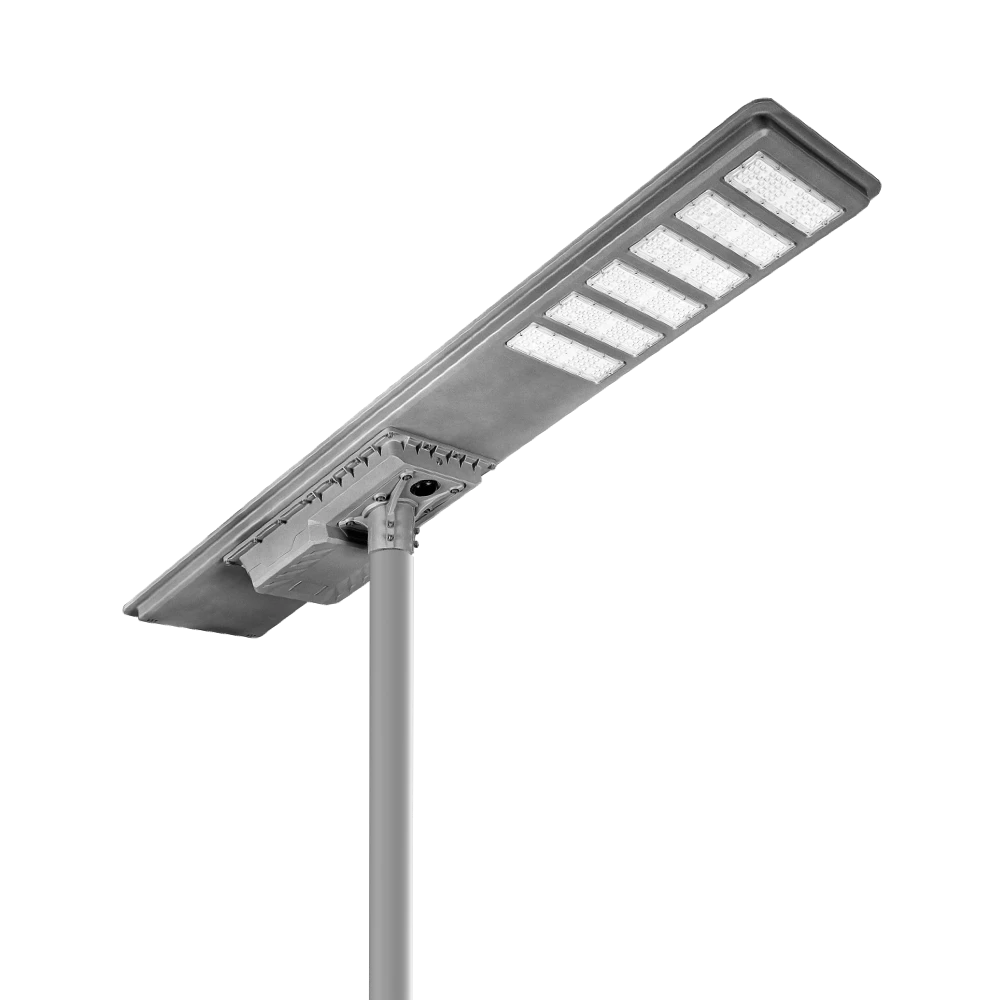
Queneng's Luqiu Innovative Solar Street Light offers energy-saving, durable outdoor lighting. This solar power street light provides a reliable and eco-friendly solution for illuminating your streets and pathways.
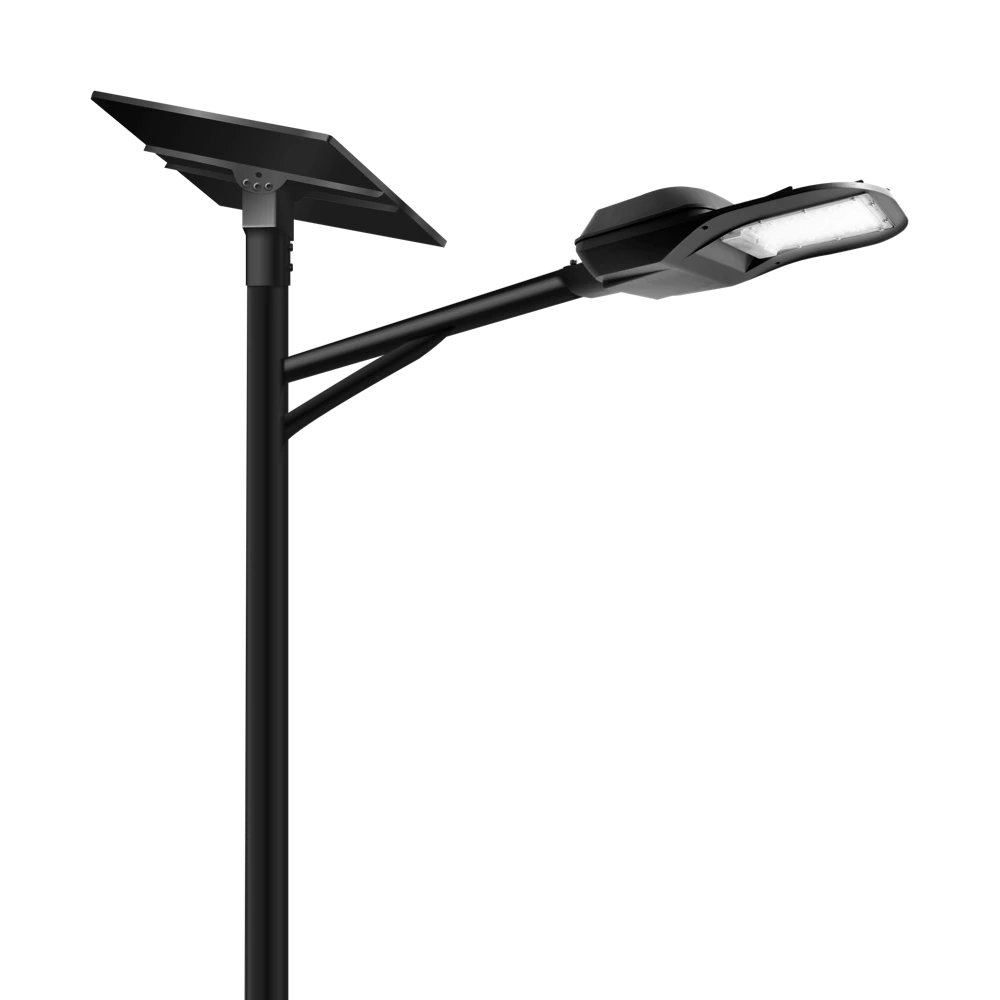

Lubai is an integrated solar street light designed for stable, long‑term outdoor lighting in off‑grid and weak‑grid areas. Combining a high‑efficiency solar panel, LiFePO₄ battery, and intelligent motion sensing, Lubai delivers reliable illumination with low maintenance and fast installation.
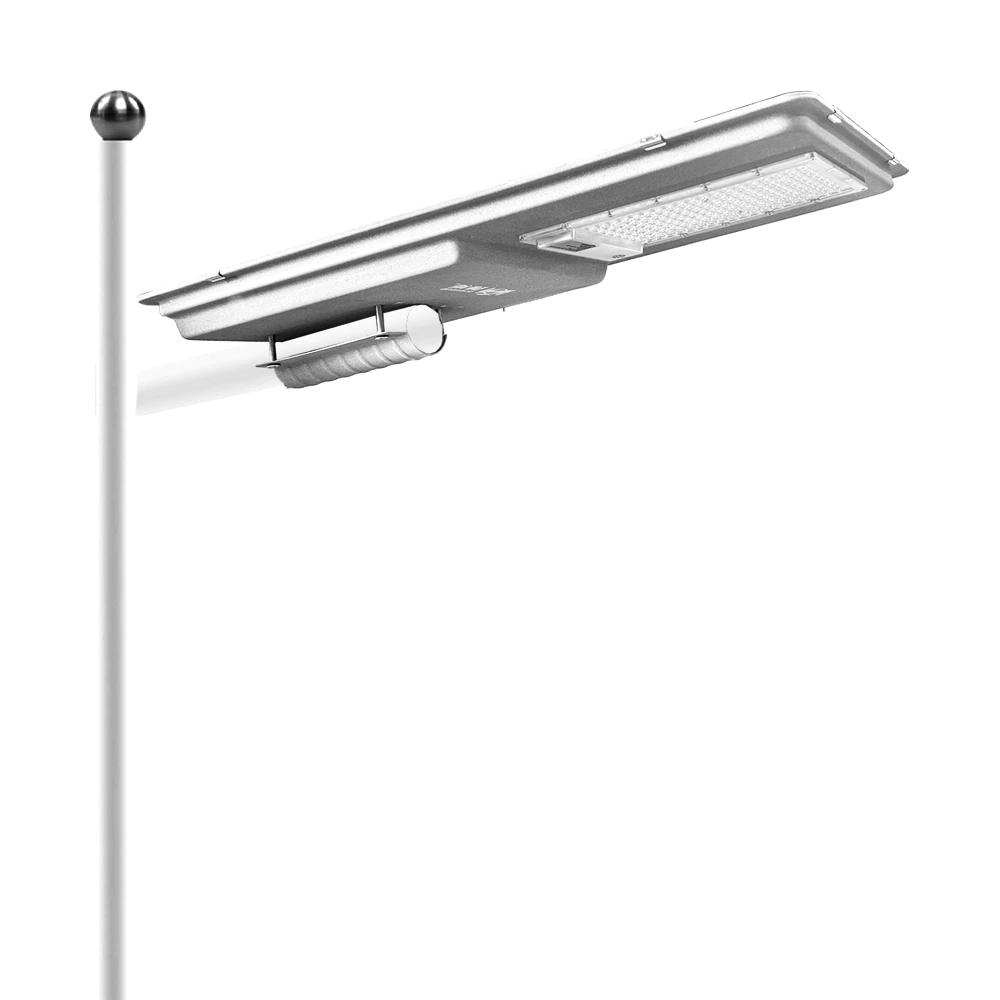
Queneng's Lufa high-efficiency solar LED street lights illuminate urban and commercial spaces brilliantly. These commercial solar LED street lights offer superior energy savings and reliable performance, making them an ideal sustainable lighting solution.
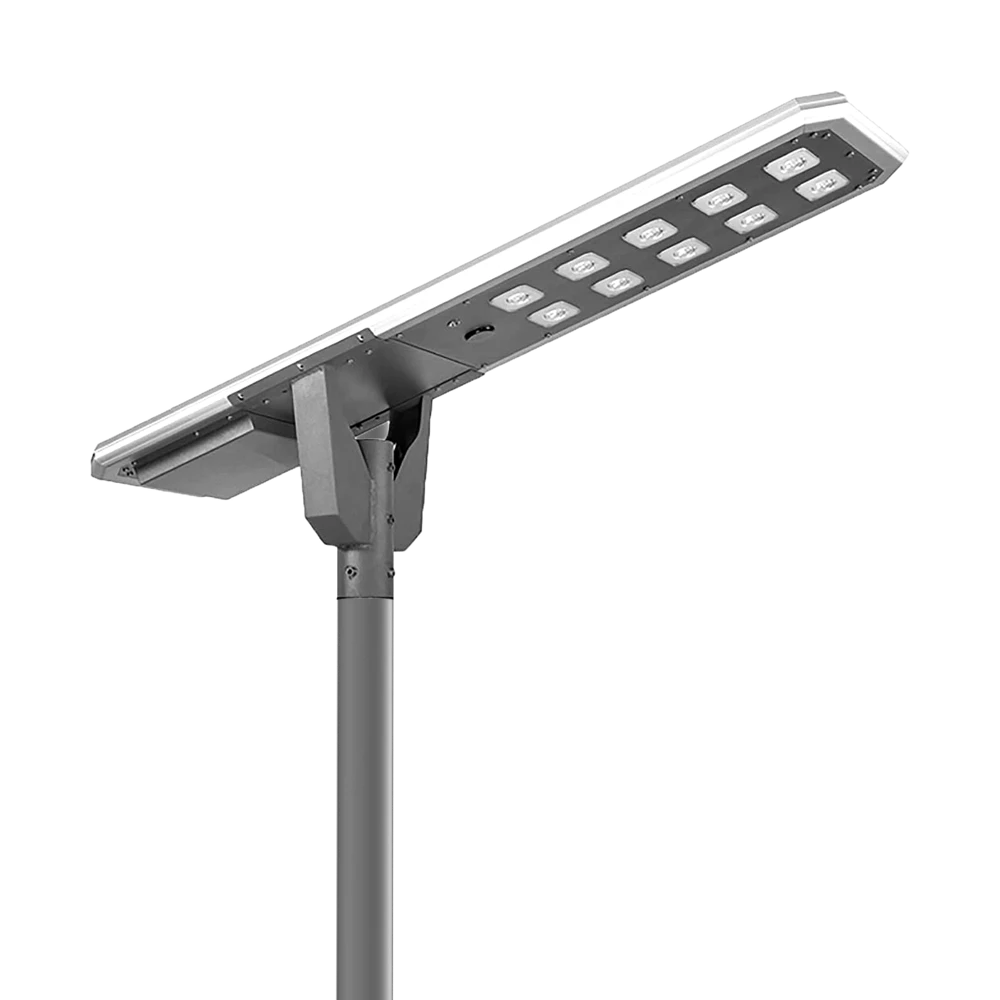
Illuminate your outdoor spaces with the Solar Street Light, a cutting-edge solution combining advanced solar technology and energy-saving LED lighting.
If you would like more information about Queneng solar lighting solutions, please send us a message by filling out the form below. Our professional team will get back to you within 24 hours!
Rest assured that your privacy is important to us, and all information provided will be handled with the utmost confidentiality.
Schedule a Meeting

Book a date and time that is convenient for you and conduct the session in advance.
Have more questions about our products or services?





















